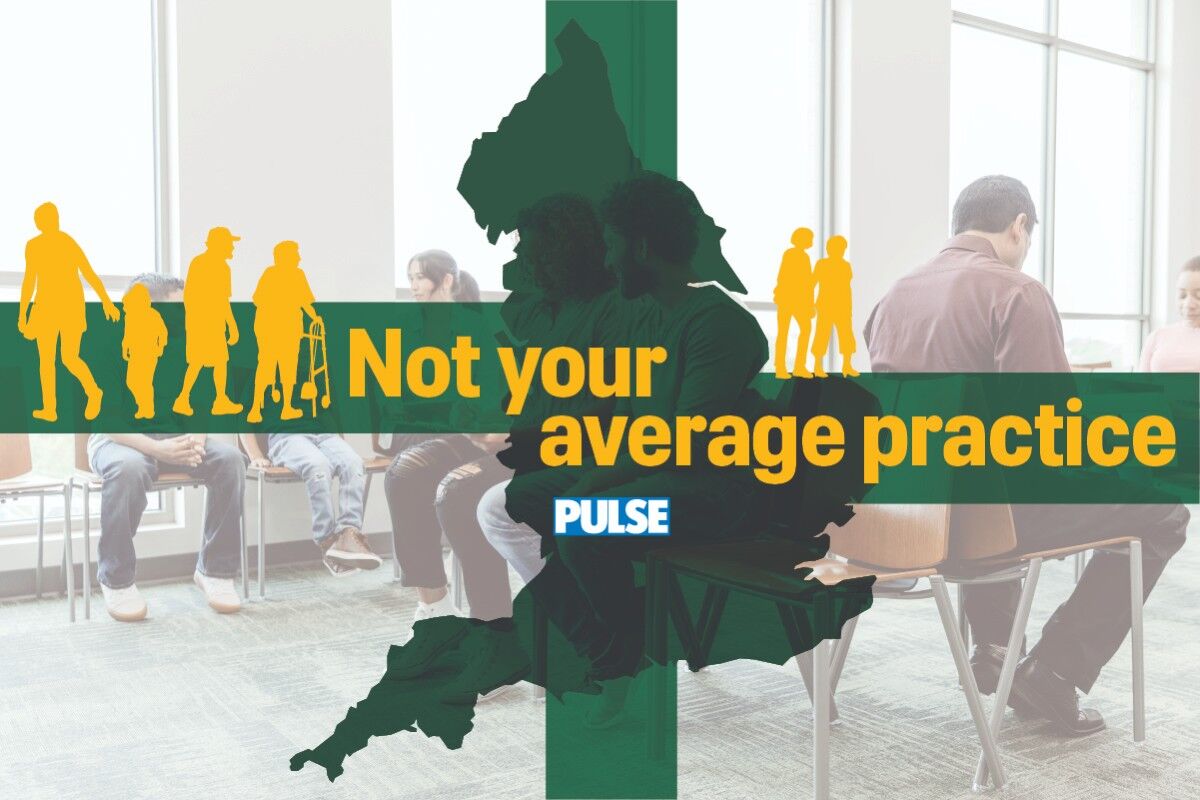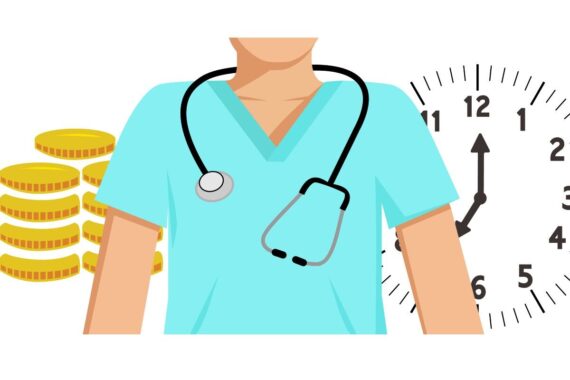The BMA has announced another four-day junior doctor strike, with the action now becoming a monthly fixture.
The next walkout will take place between 7am on Friday 11 August and 7am on Tuesday 15 August.
Upon announcing a 6% pay rise for doctors last month, Prime Minister Rishi Sunak said this offer was ‘final’ and ‘no amounts of strikes’ would change the Government’s mind.
NHS consultants, SAS doctors, salaried dentists and salaried GPs are covered by the pay rise, while junior doctors are offered a 6% pay rise plus £1,250. GP partners are excluded.
However, BMA junior doctors said ‘it is not for Rishi Sunak to decide that negotiations are over before he has even stepped in the room’.
JDC co-chairs Dr Robert Laurenson and Dr Vivek Trivedi said: ‘This dispute will end only at the negotiating table. If the PM was hoping to demoralise and divide our profession with his actions, he will be disappointed.’
They added: ‘Junior doctors are not going anywhere however much Government might wish we would. The facts have not changed: we have lost more than a quarter of our pay in fifteen years and we are here to get it back.’
This will be the fifth junior doctor strike to take place during this pay dispute, with consultants also having staged their first walkout last week.
Health minister Will Quince said: ‘This is a hugely disappointing move by the BMA, whose continued action will harm patient care and put further pressure on other NHS staff.
‘We’re giving doctors in training a fair and reasonable pay rise, as recommended by the independent pay review body, with an average increase of around 8.8% which is above what most in the public and private sectors are receiving. This is expected to increase average pay for NHS doctors in training by £3,800 to around £47,600.
‘Our award balances the need to keep inflation in check while recognising the incredibly important work they do. I urge the BMA to put patients first by ending their hugely disruptive strikes immediately.’
The BMA’s GP Committee is preparing for potential industrial action by GPs if negotiations around the 2024/25 GP contract go sour.
This week Pulse revealed that the BMA plans to develop a network of activist GPs across the country to ‘galvanise solidarity’ around industrial action.
The BMA is also developing a minimum per-patient funding request to add to demands in upcoming GP contract negotiations. The figure could be used as ‘basis for dispute’ to trigger industrial action if the Government fails to meet the demand.











Barristers got 15% pay rise within days of just threatening to strike. It shows how the government value highly trained doctors.